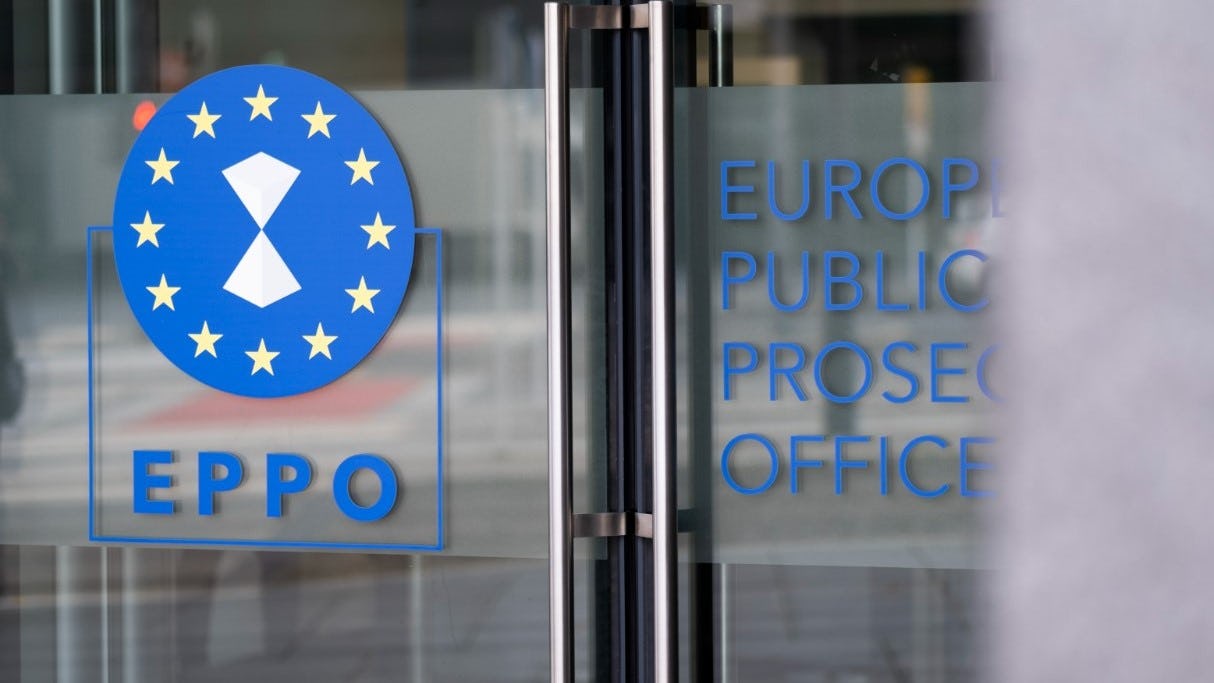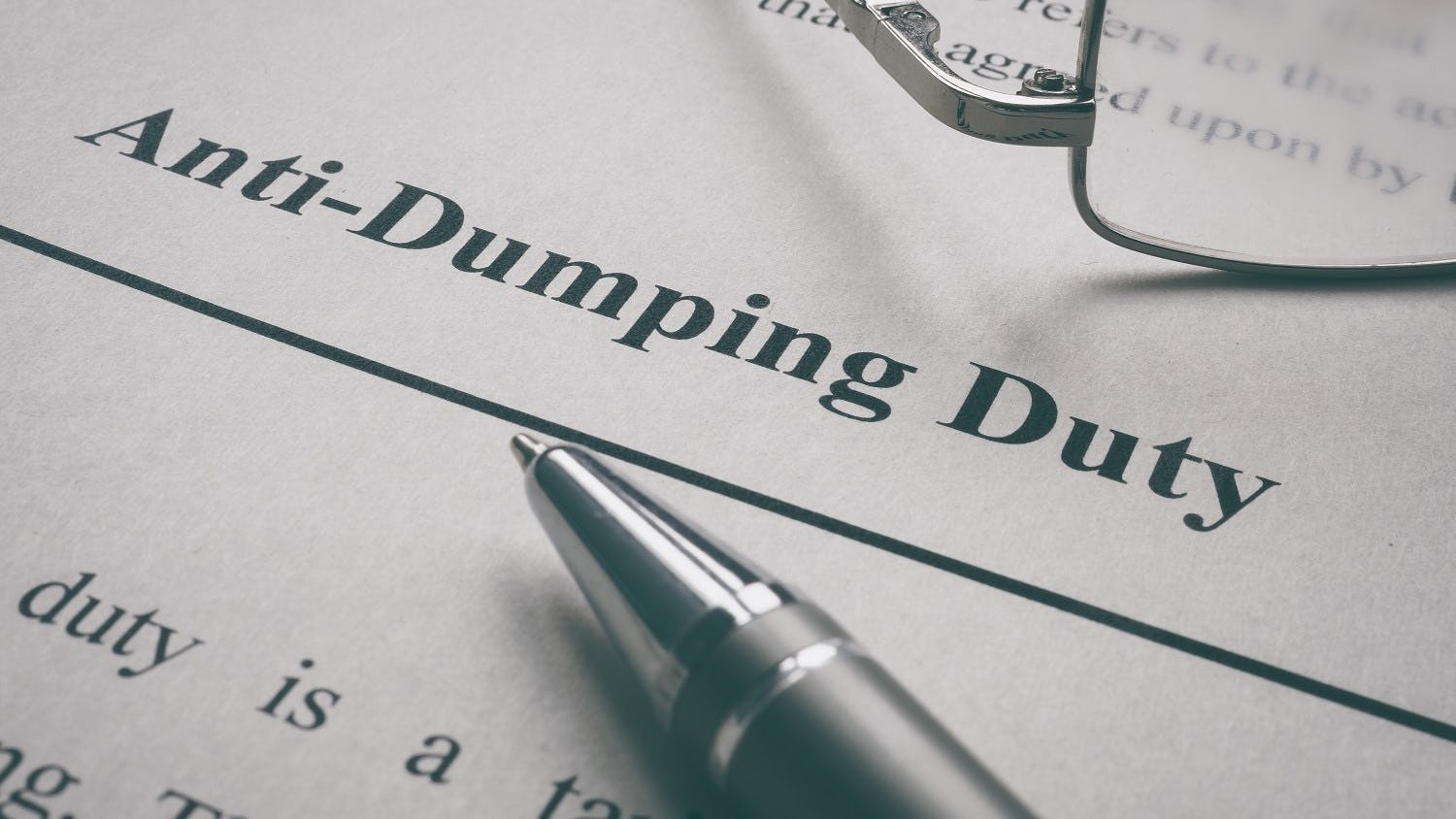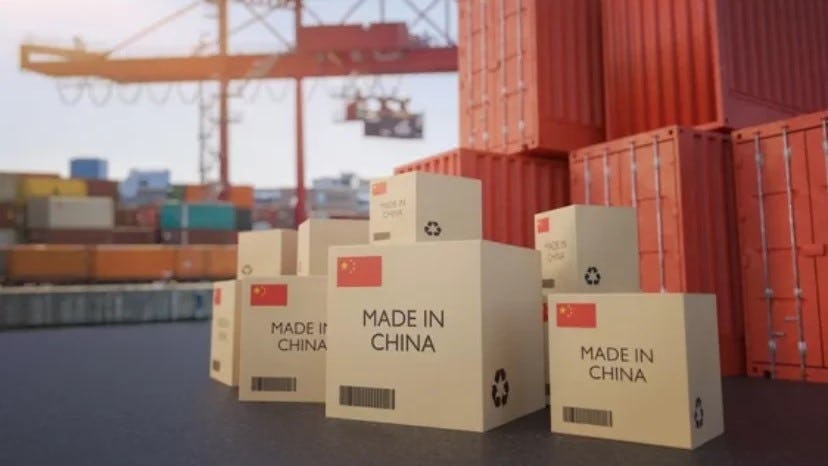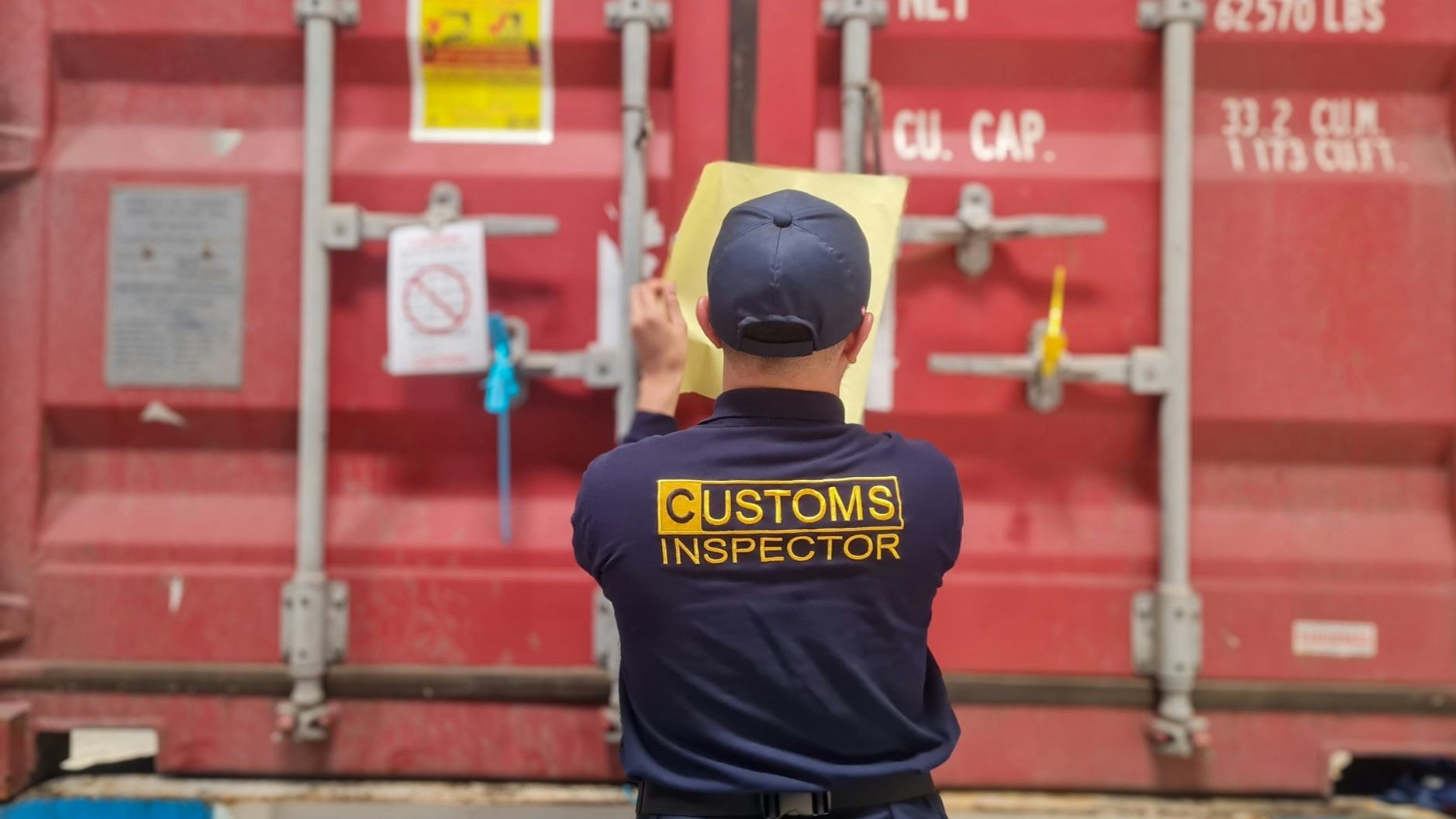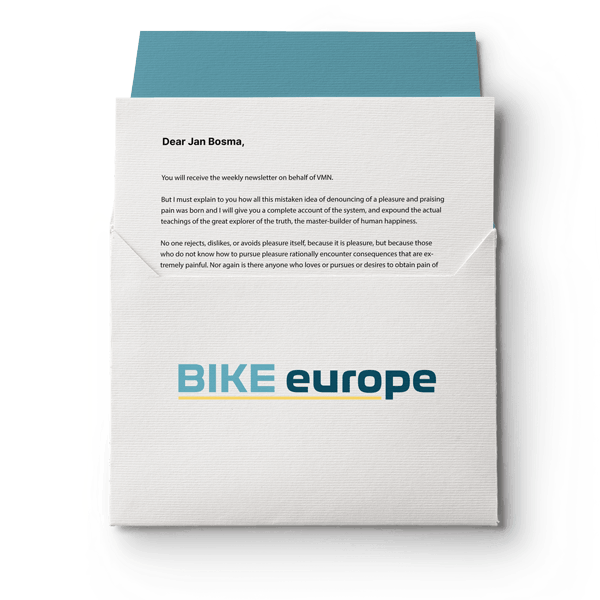European e-bike industry invited to participate in anti-dumping survey
GENT, Belgium - Trade association LEVA-EU is inviting e-bike manufacturers and assemblers across Europe to participate in a newly launched survey. The survey is designed to gather insights on the impact of European anti-dumping duties on bicycle components imported from China, aiming to provide a clearer understanding of how these tariffs affect the industry's competitiveness, business operations, and market growth.







